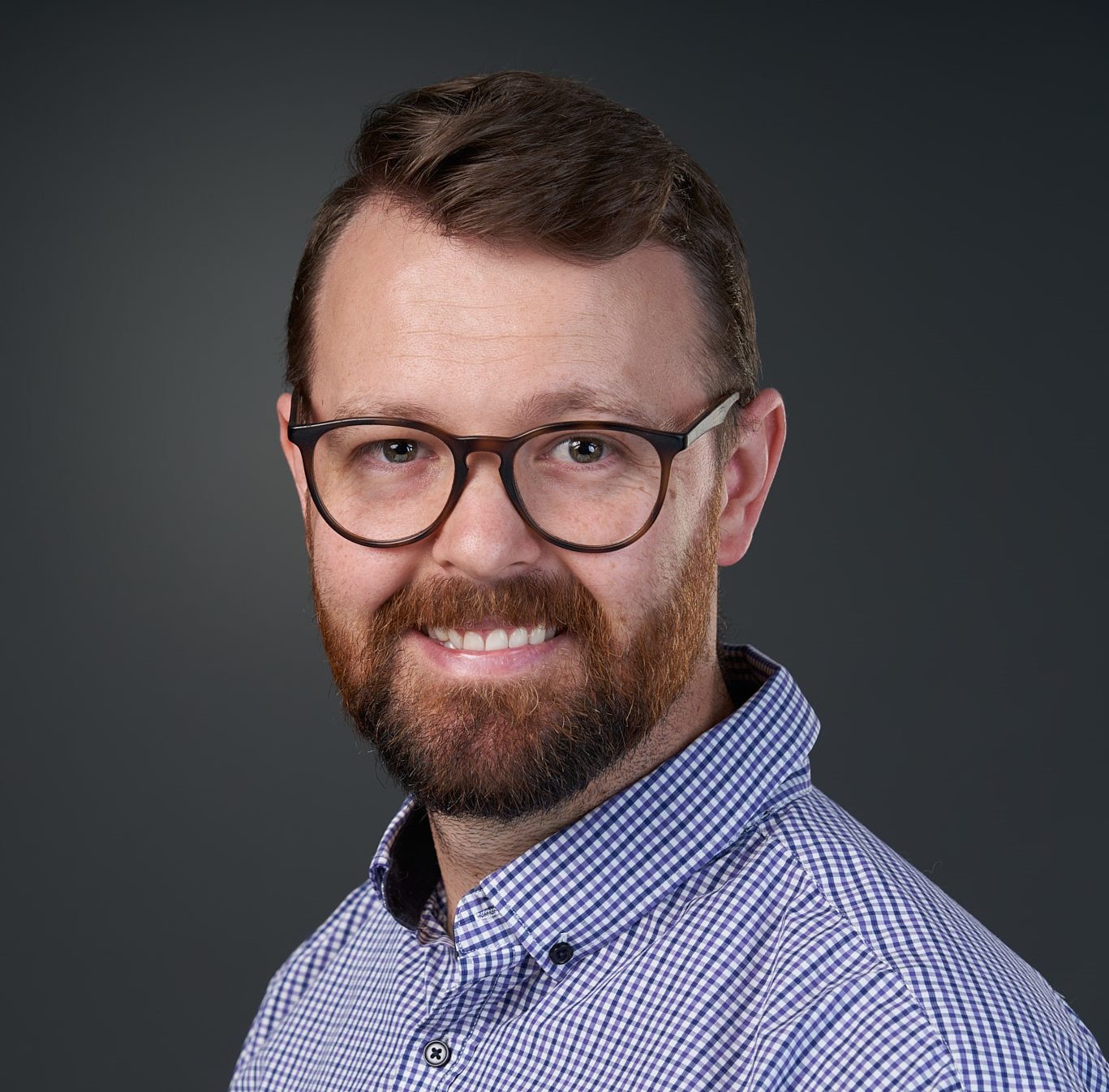
Taking a Bachelor of Science degree at Flinders University taught Luke Ragless (BSc ’18) the skills that have presented job opportunities he always dreamed of but seemed beyond his reach. At the age of 25, he took a pause from his initial employment and realised he wanted to do much more. He had initially studied a TAFE diploma of animal technology and worked in a university laboratory for seven years – but realised he wanted to do more and needed a qualification to obtain it.
He only looked at Flinders University because it had exactly the course he wanted – a Bachelor of Science, specialising in Animal Behaviour – and Luke says coming to this course as a mature-aged student provided him with the essential building blocks to start the new career he had always hoped for.
Luke says a powerful educational aspect of his degree came from a pair of four-week field trips he did in South Africa. His excursions marked the first year Flinders had teamed with South African company Wildlife and Ecological Investments to have students perform field work in remote areas, entailing a mix of flora and fauna surveys. It involved working with communities on land conservation and biodiversity, and for Luke it also highlighted the realities of applying scientific knowledge to a wild natural environment.
“There was a bit of culture shock with being in another country and environment – especially being out in 40C days doing survey work – but pretty soon we were finding solutions in the moment, changing our methods to solve problems and discussing our work as a team to get the best outcomes. Suddenly, the principals that we had been learning in class became real in the field. Science had stopped being a pensive thinking exercise and became a dynamic challenge. That was the big leap – using our own critical thinking.”
These critical thinking skills now exist at the core of Luke’s current work as an independent consultant. “What I learned through my degree is now applied to how I deal with clients on a daily basis, employing the type of deep analysis and reviewing that leads to the best solutions.”
After graduating in 2018, Luke did volunteer work with TERN (a national infrastructure project describing itself as Australia’s land ecosystem observatory), where he performed ecosystem surveillance before a position was offered to him as a soil technician. Luke would spend two weeks in locations all over Australia taking samples and then return to the laboratory for a fortnight of analysis before venturing out to a new region.
“The experience I had obtained through my degree enabled me to very capably do every facet of this work, even though it wasn’t with animals, which is my primary interest. It underlined the adaptability and versatility of the scientific skills that I obtained through studying.”
Luke went on to work with the Department of Primary Industries, doing soil analysis for agriculture interest, and then the South Australian Research and Development Institute, working on water management practices for grape growers in drought conditions.
He now works with Healthy Environs, an Adelaide consultancy company, doing sustainability and environmental consultancy along with public health engagement. The company has three main pillars – looking to bring benefits to the environment, health and community in all its projects. This translates to helping local councils with public health plans, and strategic management of council operations – such as mosquito population monitoring, or a drought resilience plan in remote regions.
“It’s very varied, reaching far beyond what my title of Sustainability Consultant may suggest, and I love that,” says Luke. “Adaptability is the key here as we try to apply scientific solutions to a very diverse array of problems.
“The general course skills that we learn in a Science and Engineering degree – such as data collation, report writing and project management – suddenly become essential tools for every different type of project you work on. I now apply these core skills to a whole range of different topics.”
It has also enabled him to work with confidence across a vast array of stakeholders – local government, state government, private landholders and the general community. “Each time, you pick up a new skill: holding workshops, running meetings and forever engaging in new ways. I take all this experience to every new opportunity and build up my skill set. In my current role, being adaptable and confident are the key attributes – and I can thank my degree for setting me up to accomplish this.”

